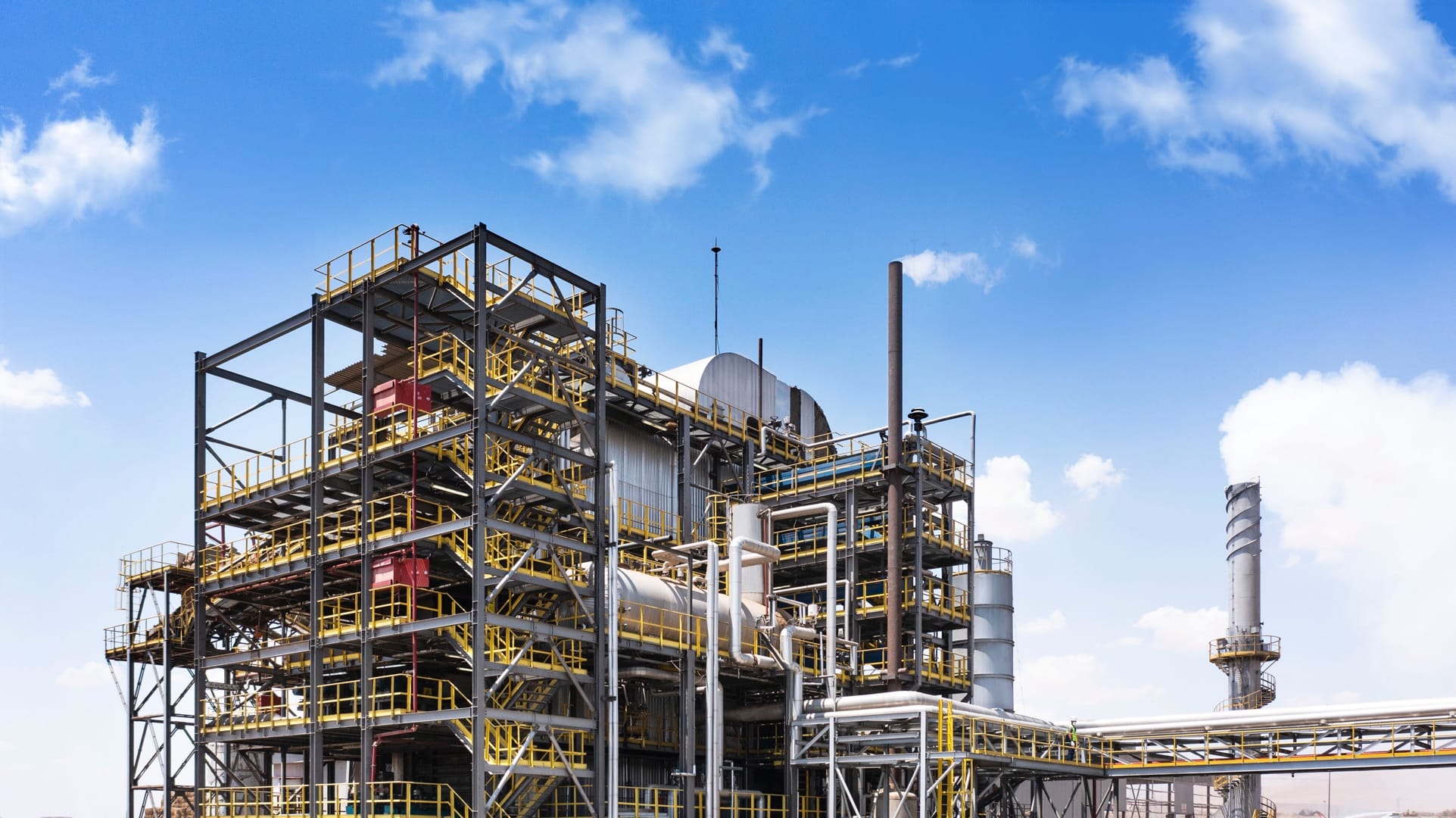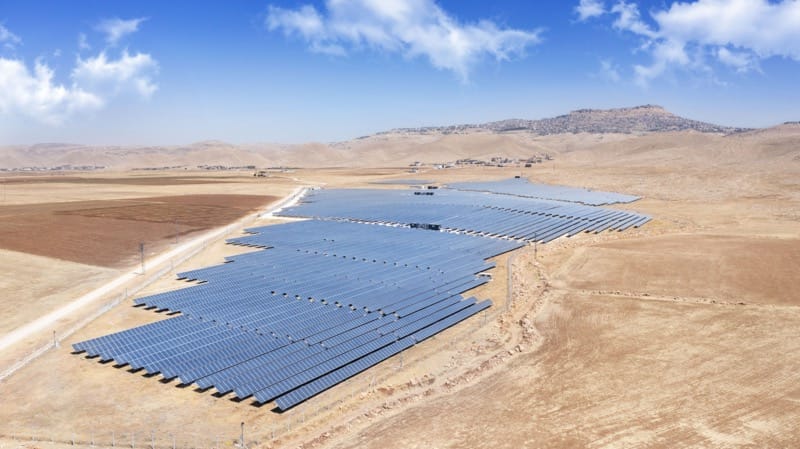Consus Enerji’s approach to sustainability is built on three key components: These are environment, sustainable production and occupational health and safety. Consus Enerji’s sustainability approach focuses on energy efficiency and power generation from renewable and clean energy sources with low carbon emissions. Employee and stakeholder engagement as well as sustainable supplier management are also key elements of the sustainability policy.
The company’s priorities include continuous improvement in environmental consciousness, battling climate change, adhering to all applicable laws, monitoring national and international standards and new developments, and raising the environmental awareness of its employees. By minimizing its carbon footprint, making effective use of resources, and constantly preferring renewable and clean raw materials, Consus Enerji seeks to preserve the environmental interests of not only its own facilities but also the entire society. Thus, the Environment and Sustainability Department keeps track of all national and local sustainability efforts in order to incorporate them into Consus Enerji and its affiliates’s policies and ensure that stakeholders and suppliers are putting them into practice.



